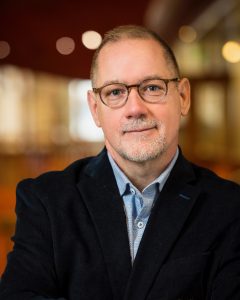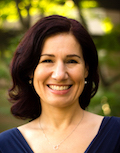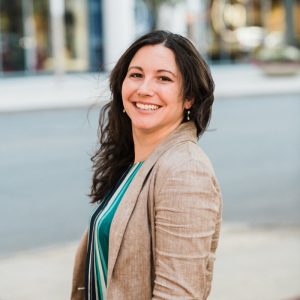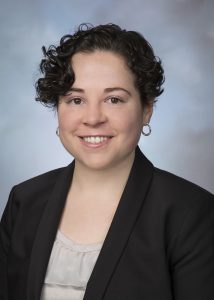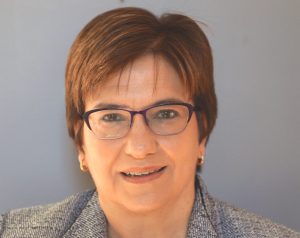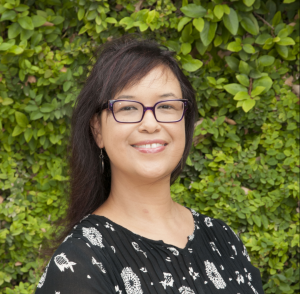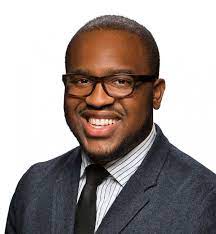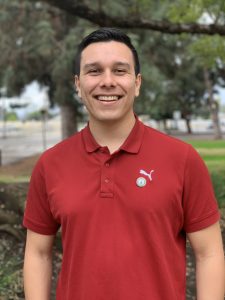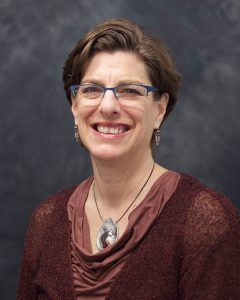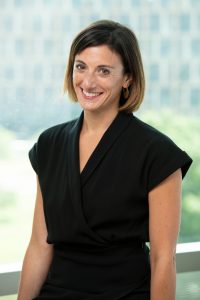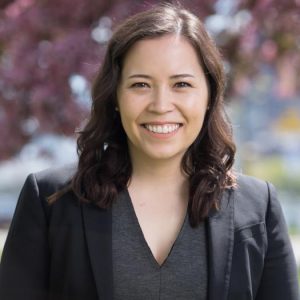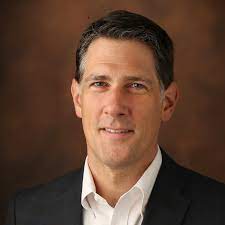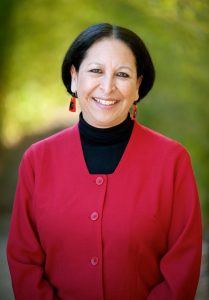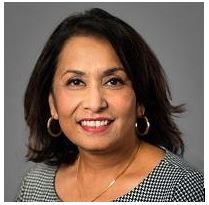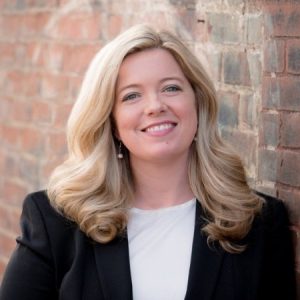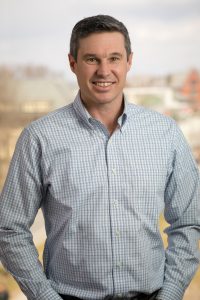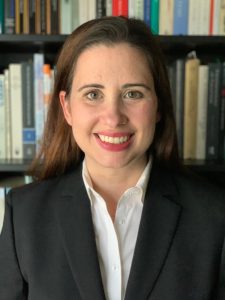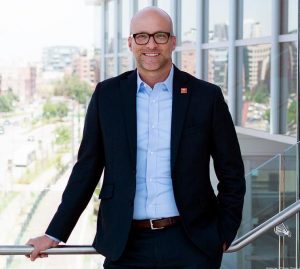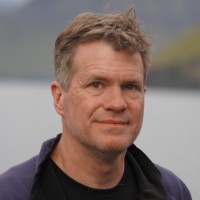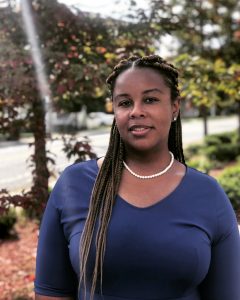Who are working learners, and how can we best recognize and honor their diversity?
The tens of millions of Americans who pursue paid employment and postsecondary credentials simultaneously are a spectacularly diverse population. They vary not only by race, class, gender, and age, but also by life circumstances and in the nature of the work and learning they pursue. The task of this workstream is to develop a conceptual framework that might enable researchers to recognize this diversity even while building cumulative knowledge about how best to serve working learners as a target group.
Conveners
Ilana Horwitz
Rick Settersten
resources
Working Learner College Students: A Diverse Not-So-New Majority
University of Arizona sociologist and higher education researcher Regina Deil-Amen offers an aerial view of how the evolution of the US racial-political economy has substantially grown the ranks of working learners in college, creating new opportunities for individual and institutional transformation, but also new forms of precarity for working learners.
contributors

